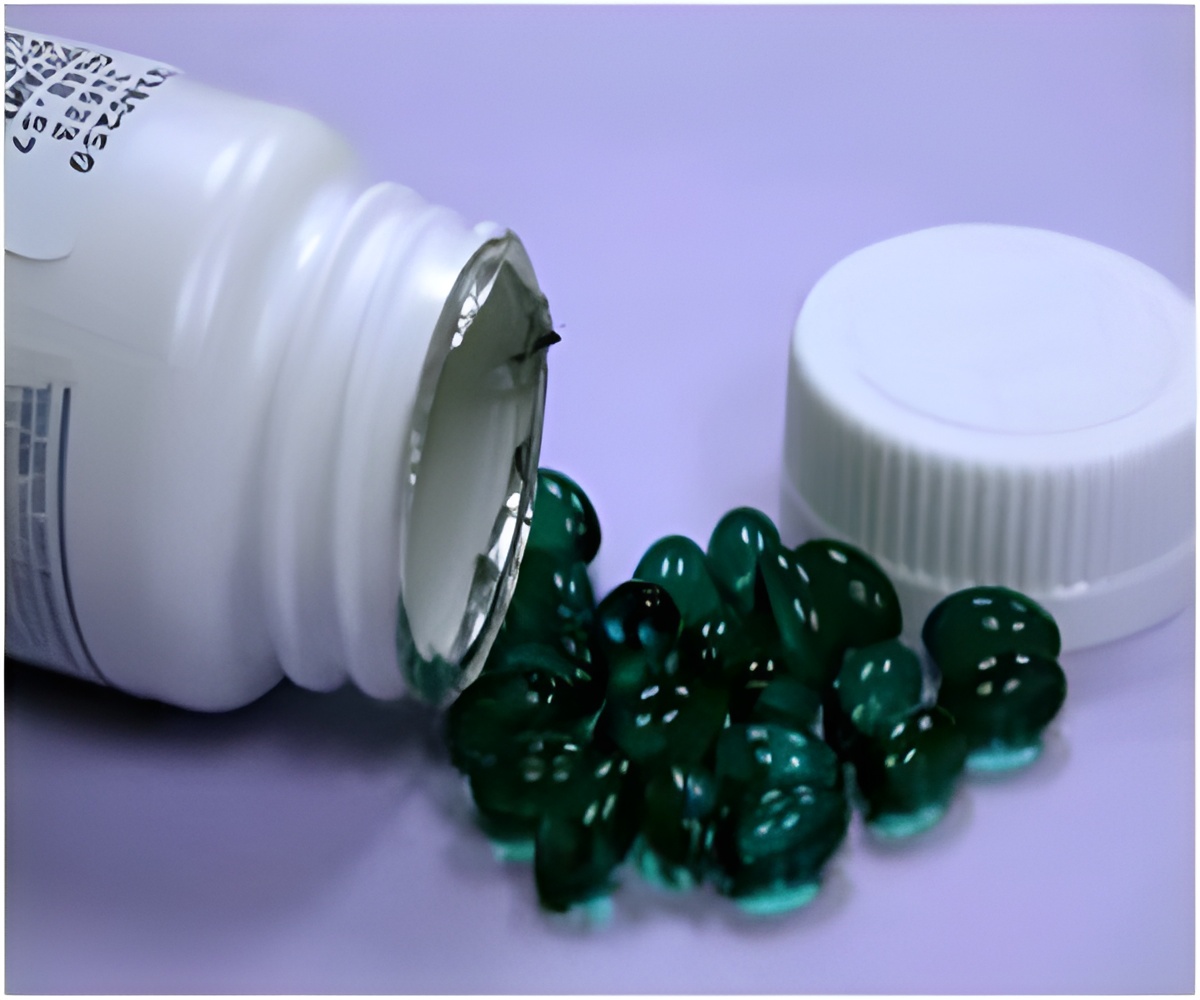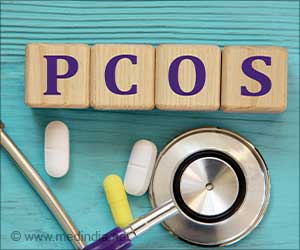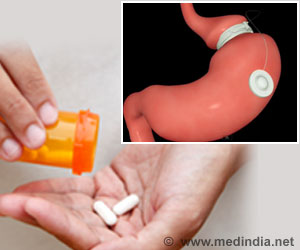Body image and acceptance among peers is a concern for adolescents and they tend to adopt unhealthy weight loss practices to achieve it.

‘Unhealthy weight management practices such as fasting, vomiting, and using diet pills or laxatives can all have adverse health and behavioral outcomes.’





About 17% of U.S. students in grades 9-12 have engaged in NMUPD according to the latest Youth Risk Behavior Survey, a nationally representative cross-sectional survey published by the CDC. Reasons include pain relief, getting high, improving concentration, and weight loss. This study is the first to investigate the association between NMUPD and unhealthy weight management practices (UWMP) among high school students using nationally representative data. "Nearly 1 in 5 high school students say they've used prescription drugs without a prescription - so it's important to understand other behaviors associated with this drug use to better target interventions for young people," said lead investigator Heather B. Clayton, PhD, MPH, of CDC's Division of Adolescent and School Health.
"NMUPD for weight loss is of particular concern as it and other unhealthy weight management practices - such as fasting, vomiting, and using diet pills or laxatives - can all have adverse health and behavioral outcomes."
The study assessed UWMP by asking participants whether they had gone without eating for 24 hours or more; taken any diet pills, powders or liquids without a doctor's advice; or vomited or used laxatives during the previous 30 days in order to lose weight or keep from gaining weight.
NMUPD was assessed by asking participants how many times in their life they had taken a prescription drug (such as OxyContin, Percocet, Vicodin, Codeine, Adderall, Ritalin, or Xanax) without a doctor's prescription. The data were analyzed in 2016.
Advertisement
Among male students, there were significant associations between NMUPD and two of the three UWMPs: fasting and vomiting or taking laxatives. While the study examines the non-medical use of prescription drugs in general, findings were consistent with previous studies that explored UWMPs and non-medical prescription stimulant use in adult populations.
Advertisement
"All parents should educate their children about the dangers of nonmedical use of prescription drugs and make sure their children do not have easy access to these substances. Parents concerned that their child is engaging in substance-use behaviors or unhealthy weight management practices should immediately consult their health care provider. Health educators can consult the CDC's Registries of Programs Effective in Reducing Youth Risk Behaviors for suggestions on substance abuse prevention," she concluded.
Source-Eurekalert















